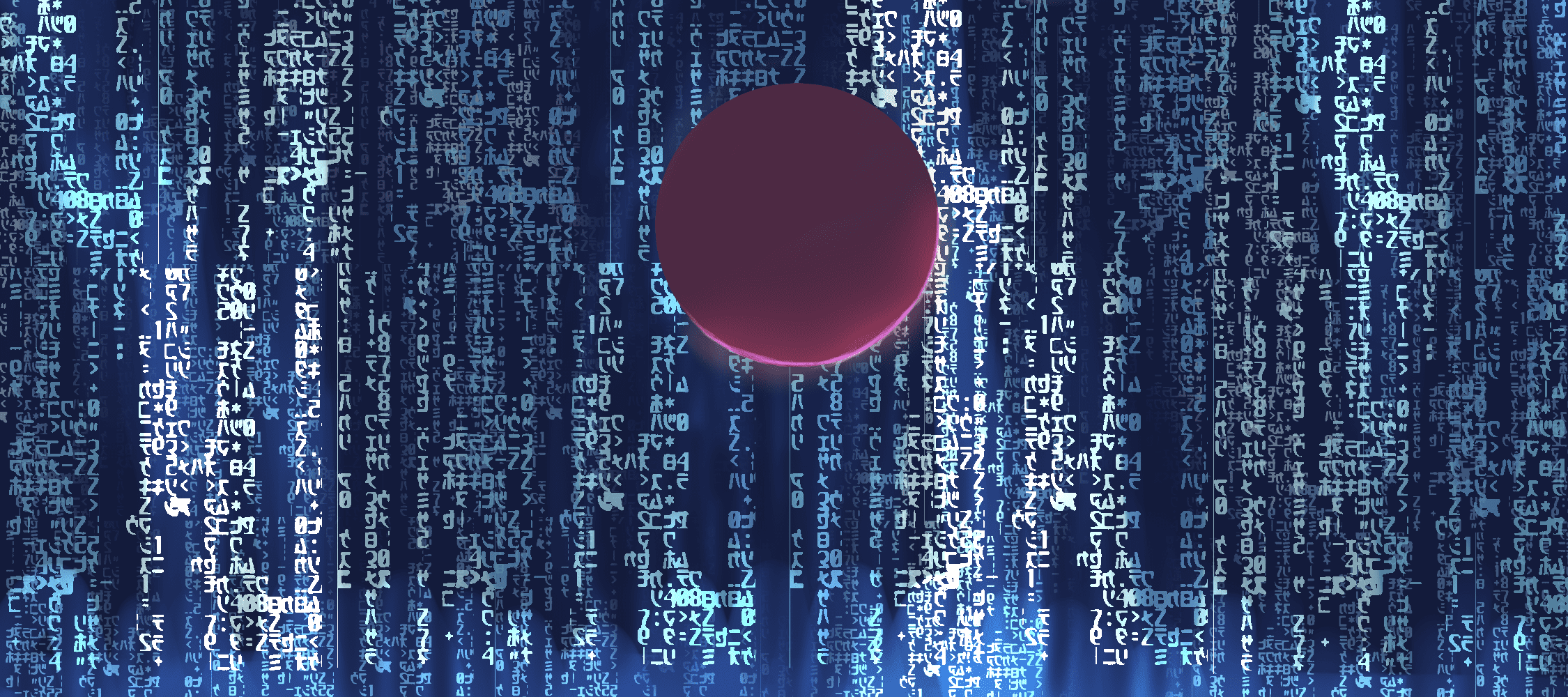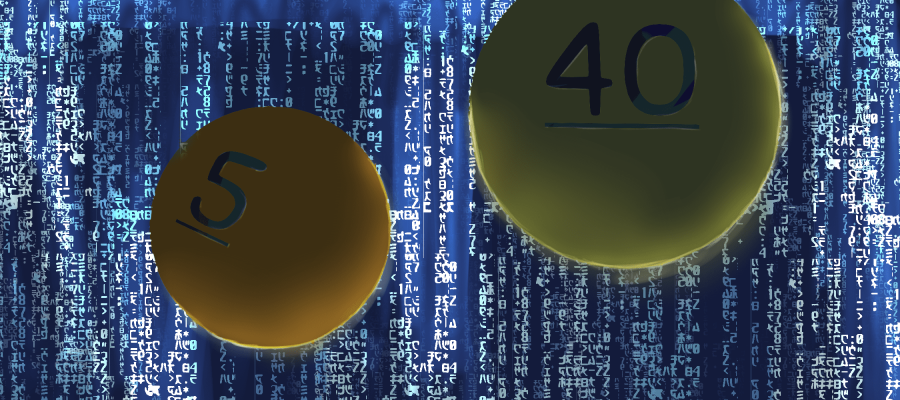The computer science and engineering department does not function like your average UC San Diego discipline. The CSE department is extremely popular, with an undergraduate population of 1,961 students in 2016 and an even larger number of students interested in majoring in the field. Computer science and engineering is one of UCSD’s capped majors, meaning enrollment is limited and selective.
To combat the ever-increasing interest, the CSE department recently altered how students enter the major. Previously, undecided students could apply after taking their lower-division CSE courses, and if they had a GPA of 3.9 or higher, they would likely get into the major. In its place, the department has installed a lottery system through which any undeclared student who wishes to enter CSE and has a lower-division CSE GPA above 3.3 can enter the running for one of the major slots available.
Instead of enrolling students holistically or based on GPA, the department selects at random — assuming they exceed the 3.3 CSE GPA threshold. With the lottery system, all students are equally considered despite differences in their experience, drive, and ability.
When asked about the implications of the new system — and possible disadvantage to high-performing students — CSE Chair Dean Tullsen explained, “a lottery, by definition, is fair.”
“I think there’s this false assumption that the students who work harder are the ones who are getting the 4.0s, that hard work directly translates to a higher grade. [The lottery system will] admit a lot of hard-working students who weren’t getting in before,” CSE Vice-Chair for Undergraduate Education Christine Alvarado added.
“a lottery, by definition, is fair”
The CSE administration believes the new system will take pressure off students and allow a more diverse pool of thinkers into their majors. Despite the positives the CSE administration outlines, there are caveats. Two quandaries accompany the lottery system. Victor Chen, a Warren College junior and CSE major who transferred to CSE from electrical and computer engineering articulated his concerns, “The problem with the lottery is that there is absolutely no guarantee of admission.” This “wastes a lot of time” for students who take courses in CSE with the hope of admission but fail to receive it. Additionally, it is an exorbitant waste of monetary resources to take courses that fulfill major credit if they cannot successfully win the randomized lottery. While the new lottery system allows people with lower GPAs to access the CSE department, Chen argued it is less fair. Since the number of spots for students is not growing, the highest-achieving students are disadvantaged.
Junior CS major and Warren student, Kaylie Lu, clarified the second caveat: A student can only apply for admission into the CSE department a total of two times. Lu explained that this limit “leads people into other departments, like Math/CS or Cognitive Science, [Human Computer Interaction specialization].” Students are discouraged by the CSE department’s rates of admission when they either use up their application chances or move on out of fatigue from the uncertainty. Chen agreed that some of his friends experienced this feeling of “resignation” and discouragement from computer science and engineering. Many of these students still plan to work in a computer science field after graduation, but will not have the same CSE resources as CSE majors during their undergraduate years.

When comparing the old admission system with the new lottery system, it can be extrapolated that GPA is the only factor in acceptance into CSE — and has been since the major became capped. “A lot of people used to drop the class if they had an A-, B+ so that it wouldn’t affect their GPA,” Chen reported. According to the 2016 academic history widget, in Winter Quarter, CSE 30 had 25.6 percent of the class — and 36 students — drop with a W, a percentage that other disciplines rarely see. In contrast, similarly-sized lower-division classes PHYS 4A and TDGE 11 had withdrawal rates of less than five percent in 2015, at 3.8 percent and 3.9 percent, respectively. This high CSE withdrawal rate wastes valuable classroom space.
Some students believe that they can be the exception and gain entry into CSE despite its cap — for them, Tullsen stated that the lottery system “sends a more correct message [to admitted, but undeclared students] that it is hard to get in the major after you get here.” The lottery takes stress off and takes the pressure out of the students’ hands. The CSE department is hopeful this change will reduce stress.
Another barrier Chen noted is the difficulty of lower-division CSE classes for those with limited exposure to high school computer science. Chen said that without taking AP computer science in high school, CSE 11 is exponentially harder. While the CSE department does offer a dual-course option, CSE 8A and 8B, as a CSE 11 alternative, this approach burdens students with an additional lower-division course in a highly competitive environment. This disadvantages students without access to computer science courses in high school and disproportionately affects lower-income students from schools lacking the funding for these extraneous programming classes.
It can be isolating and challenging to come in with no prior experience and is doubly so for women in CSE. Lu explained that CSE is about 20 percent women, and while the professors are “enthusiastic about females in CS,” imposter syndrome proliferates when one enrolls in an 80-percent male class. When surrounded by people who don’t look like oneself, a person may develop a feeling of alienation. While no one has belittled Lu in CSE, she said this alienation creates a lack of confidence in female CSE majors. “In order to feel confident doing something, you want to see others who look like you,” Lu said.
The CSE department aims to combat this with a program called Summer Program for Incoming Students, or SPIS (pronounced “spice”), that takes place the summer before freshman year. Freshly-admitted CSE students can learn the basics of programming in a less stressful environment. Revelle College junior Niral Patel, a CSE major with no high school experience in CS, described her time in SPIS as a positive but “sheltered part of CS.” Patel explained that the program accepts 48 students, but not without expense. The SPIS program costs $2,000, which is lower than its claimed retail price of “over $4,000” but still a hefty amount. Patel was fortunate to receive a scholarship that lowered the cost of the entire program to $200. Patel clarifies that the department did not want finances to be a limiting factor for any students and aimed to hand out scholarships to all those who were accepted to the program. However, the number of spots and summer availability of students would surely be a limiting factor for some. Patel said the program made her more comfortable as a freshman, a feeling less advantaged students may not experience in CSE. She noted that, “I would be lost without those mentors [from SPIS].”
“In order to feel confident doing something, you want to see others who look like you”
When students do not have access to the mentorship that Patel received, they can feel isolated and overwhelmed by the attendant academic pressures. The problem is a lack of resources. The CSE department has the right idea but not enough resources to expand and benefit all its interested students. Lu described these as “growing pains.” Chen explained that “we need more faculty [and] more classrooms” to keep up with the number of CSE students. For the casual observer, it may seem that the department isn’t growing fast enough to keep up with the demand, but the CSE department is working to solve the problem.

“We are trying to grow our resources as fast as we can; what we want to be is a large department that educates every student that comes into our program well. We are very dependent on the university because year by year they tell us who and how many we can hire and so we need to keep delivering the message to them that this is not a demand that is going away,” said Tullsen. Tullsen clarified that the CSE department has only been able to hire “three ladder-rank faculty and one teaching faculty, and it’s hard to do more than that in a year” despite demand being larger than that. Tullsen later reached out to correct this number, claiming that 14 faculty — including teaching faculty — have been hired in the last two years. If the CSE department “just keeps doing that for several years,” Tullsen believes we’ll be in a better position down the line.
The department does care. CSE has town hall meetings for students to voice concerns and releases statistics for new and current students to see how impacted their programs are.
But that doesn’t mean all is well; students still feel disadvantaged and unheard. “[If admitted undeclared] I probably would have stopped trying to get CS and would have switched into HCI by now,” Patel said. The lottery system, unfortunately, does not create a solution to this problem; students will still be unable to enter the major and forced to find an alternative.
Chen has hope that the new Data Science major beginning Fall Quarter 2017 will help with the influx of CSE majors by diverting some of those students, but expresses that students’ struggles won’t end soon. He added, “UCSD wants you to come undecided and pay tuition regardless of your inability to get in the major you want … even if [undeclared students interested in CSE] are super talented, I’d recommend to go elsewhere [for college].”
Art by Michi Sora
Article has been updated with clarifications from Niral Patel on 10/4/2017













